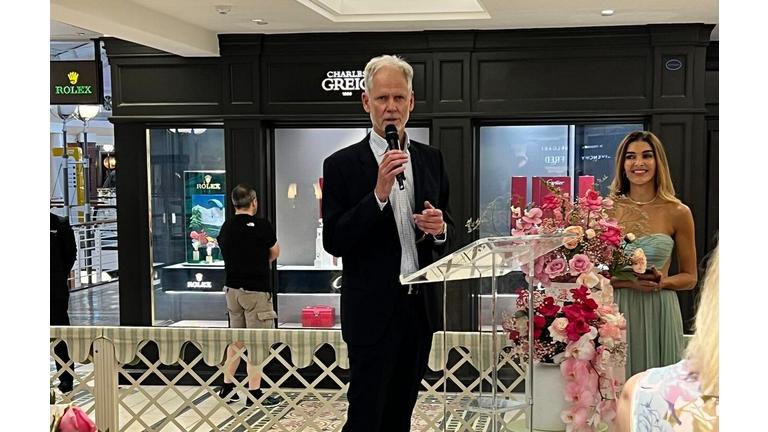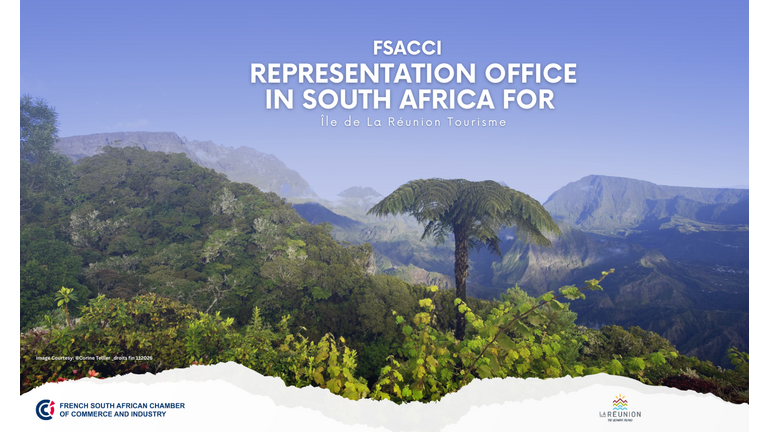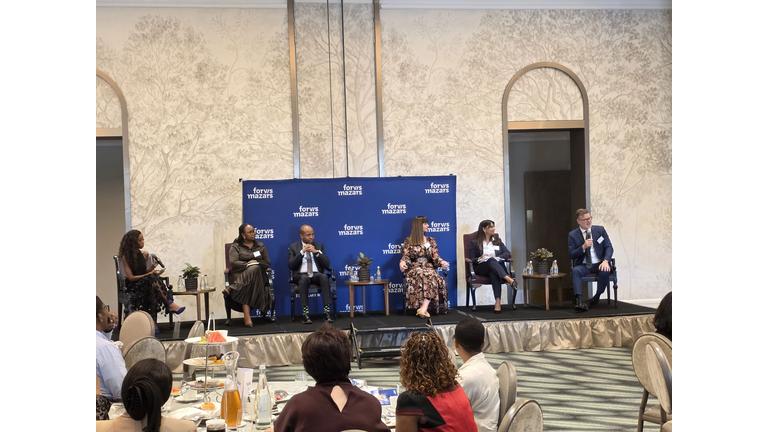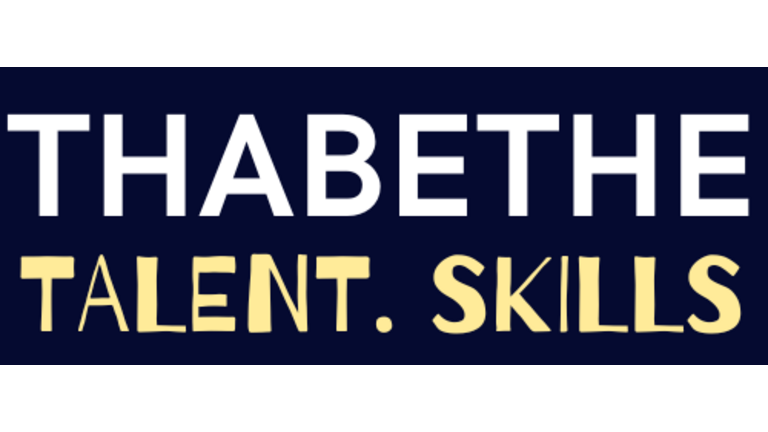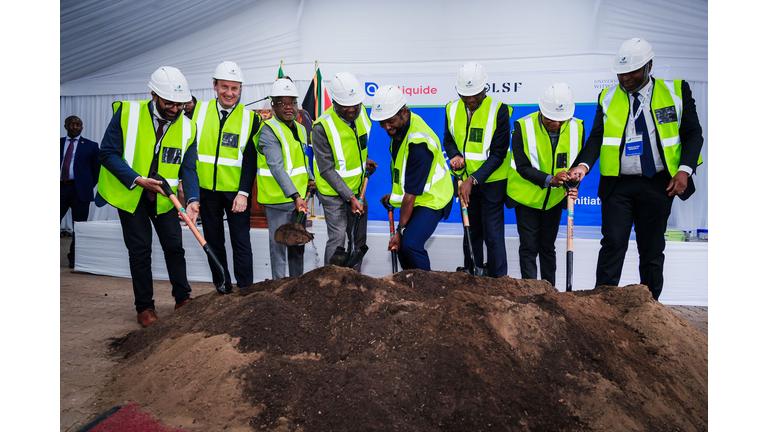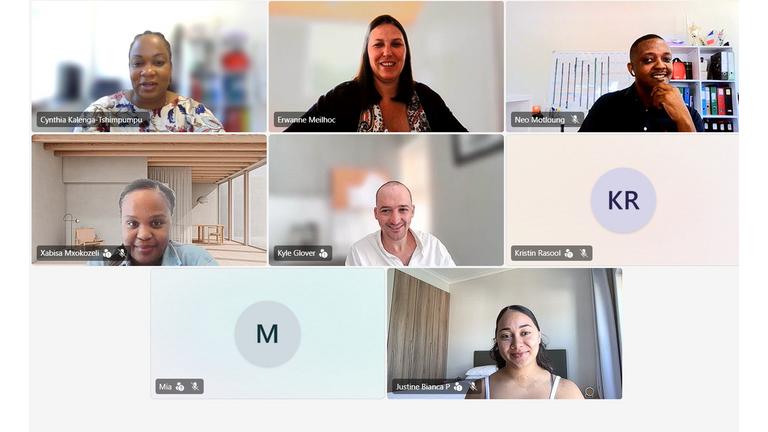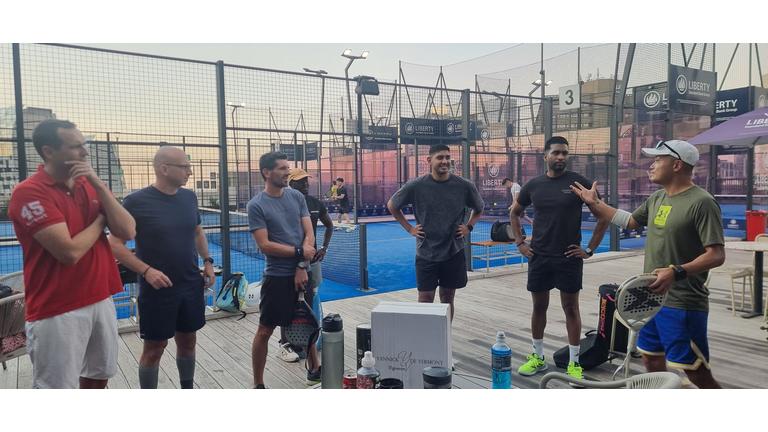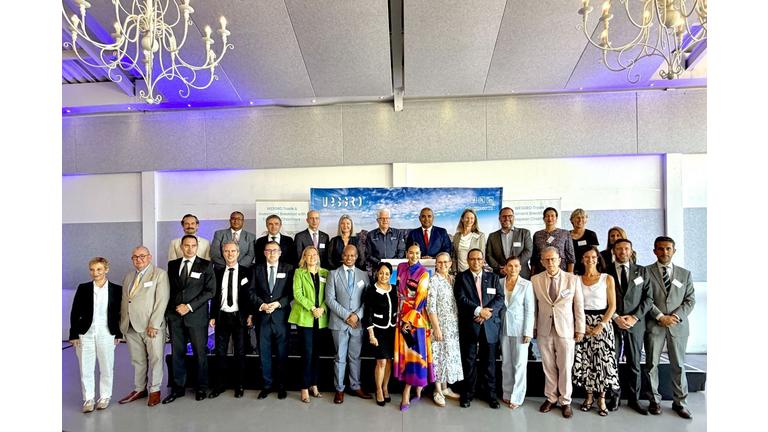Danone: Driving Business Value Through Inclusive Leadership
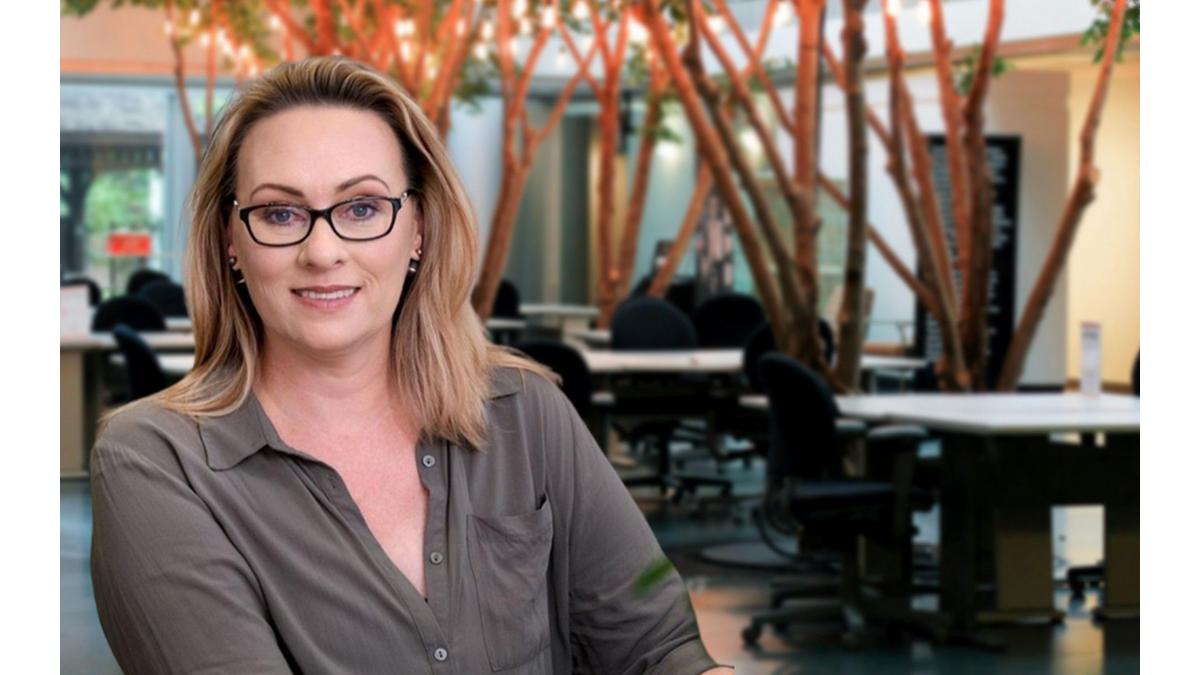
At DanoneSub-Saharan Africa, diversity, equity, and inclusion (DEI) are not isolated initiatives handled by HR. They are built into the business’s operational and leadership frameworks, directly linked to its long-term commercial strategy. With 65% of its executive leadership team made up of women, the company has shaped a workplace where inclusion and performance go hand in hand.
Gail Jacobs, Human Resources Director for the region, explains that leadership is the most important driver of any successful inclusion strategy. “At Danone, we don’t believe DEI should sit in a corner, or in a department,” she says. “It’s something that is completely integrated into the way we do business. It’s driven by our leadership team.”
Leadership accountability is built into decision-making processes, with DEI treated as a business performance indicator. “We have targets around gender representation at every level of the organisation,” Jacobs explains. “It’s something that is measured and reported on, right from entry-level to senior management.”
This approach has practical effects. Danone’s executive committee reflects the organisation’s broader inclusion goals, with a high proportion of female leaders. Jacobs believes this visibility matters. “When people see women in leadership positions, it changes the narrative. It makes women entering the business believe they too can aspire to these roles.”
Unconscious bias training and leadership workshops are core elements of Danone’s DEI framework. These sessions surface assumptions about gender, leadership, and workplace equity, opening space for teams to address them.
“We’ve had difficult conversations,” Jacobs acknowledges. “People don’t always realise the biases they carry. That’s why we facilitate open, honest conversations across teams, with support from leadership. You need to create space for those conversations because you can’t shift what you don’t acknowledge.”
Bias, she says, isn’t only about gender. It influences recruitment, team dynamics, promotion pathways, and business decisions. Danone’s commitment is to actively confront these issues and follow through with action.
While DEI is a values-led priority, it is also directly connected to business performance. Jacobs cites examples where diverse teams helped reshape product campaigns and brand strategies, improving their market impact.
“We’ve seen it firsthand. When you bring people from different backgrounds into a project, you get richer insights. In one case, feedback from a young female employee completely changed the way we positioned a product, and it worked because it spoke to a broader market we weren’t reaching before which in turn positively impacts performance.”
Policy changes have supported this shift. Danone’s inclusive parental leave and family-friendly policies apply equally to all parents, which helps remove career barriers, particularly for women.
“We’ve made sure our policies reflect modern families, and we don’t differentiate by gender when it comes to parental support. That matters for equality, but it also matters for attracting and retaining top talent.”
Jacobs emphasises that inclusion must be demonstrated daily. “We intentionally avoid running one-off events,” she notes. “We focus on embedding it into our everyday work, how we hire, promote, manage teams, listen to feedback, and build accessibility into our processes.”
For her, leadership consistency is what turns DEI from an initiative into a lasting culture. “People watch what leaders do, not what they say. If it’s just a policy, people won’t believe it. When leaders live those values, when decisions reflect those values, it becomes real.”
Jacobs believes many South African businesses are still stuck in a compliance-based DEI model, focusing too much on scorecards and too little on operational impact. She recommends starting with data, honest conversations, and visible leadership.
“Start with leadership alignment. If your leadership team isn’t driving the conversation, it won’t work. Get the data, understand where your gaps are, and have honest conversations about them. Build clear frameworks and create space for feedback, then act on it.”
She also cautions companies not to avoid difficult topics. “These conversations are difficult because they challenge established thinking. But if you want a workplace where everyone thrives, you have to be willing to have them.”
Danone Sub-Saharan Africa’s inclusive leadership model offers a relevant example of what’s possible when DEI is treated as business strategy. By integrating inclusion into leadership composition, decision-making, operations, and team culture, the company has shown that inclusion delivers both social and business value.
As Jacobs puts it, “DEI is not just about doing the right thing. It’s about building a business that’s resilient, competitive, and positioned for long-term growth.”

